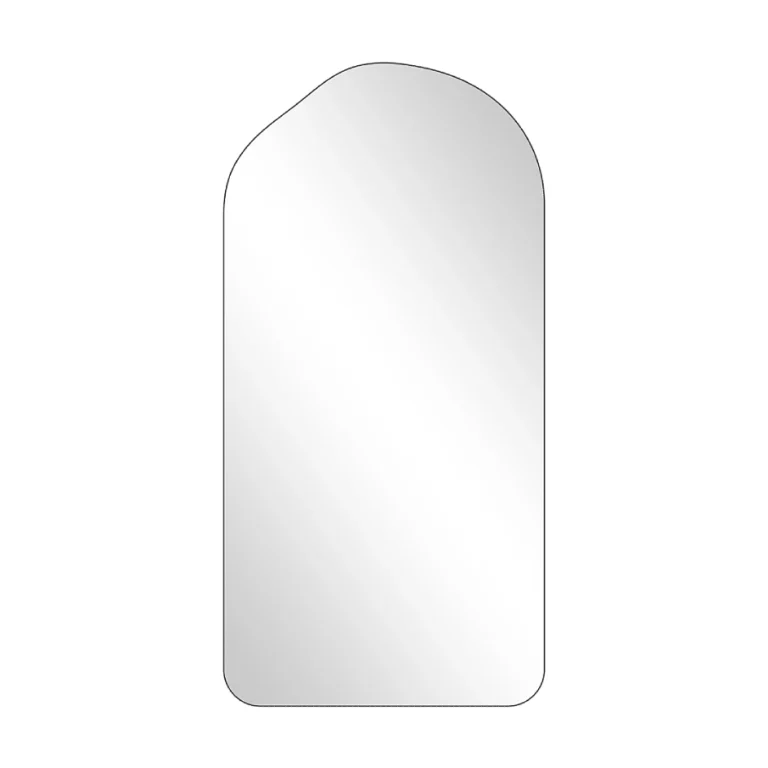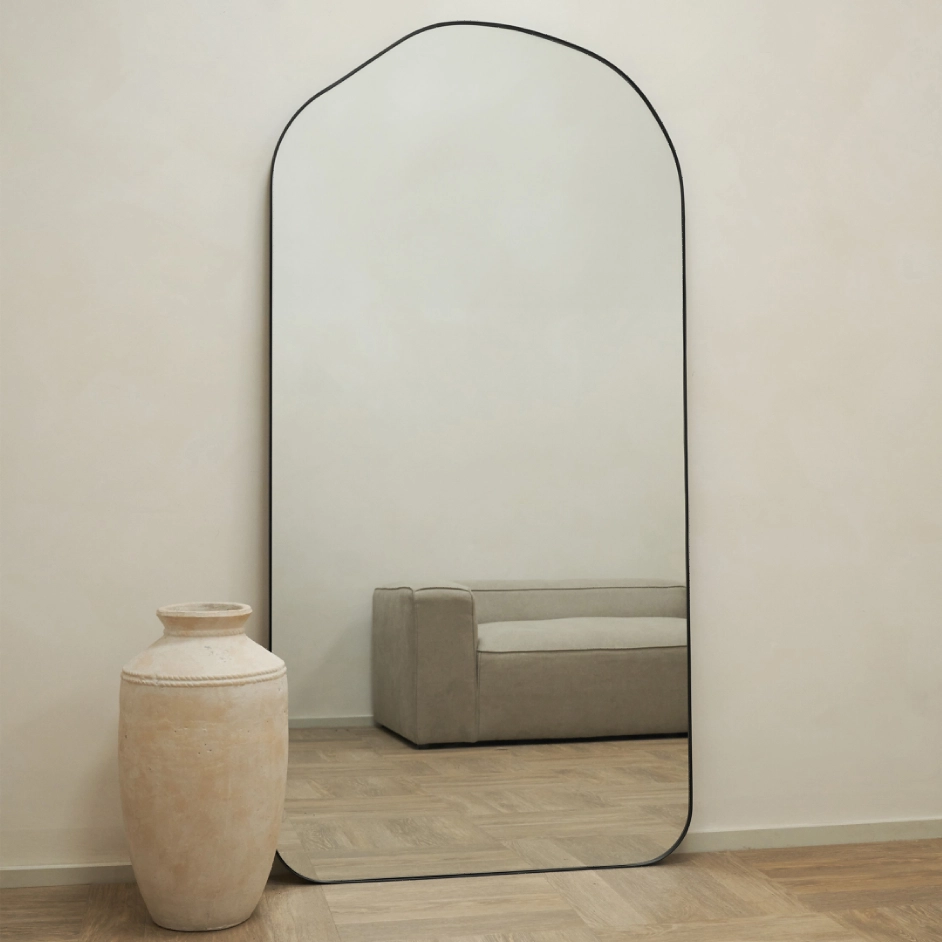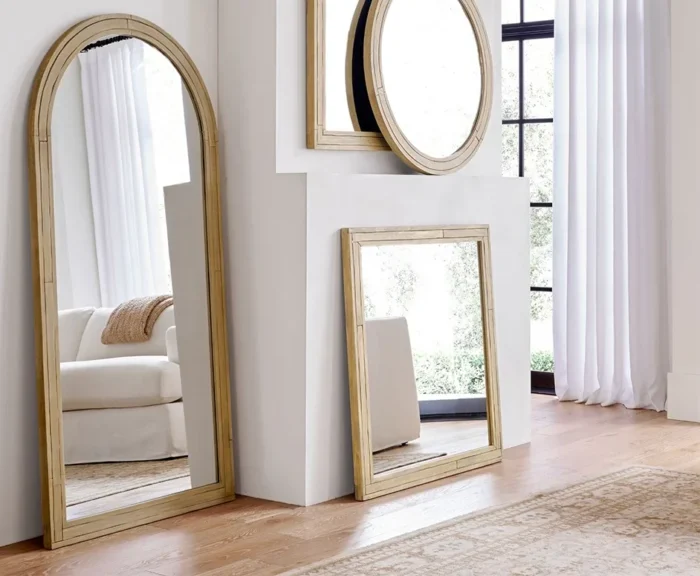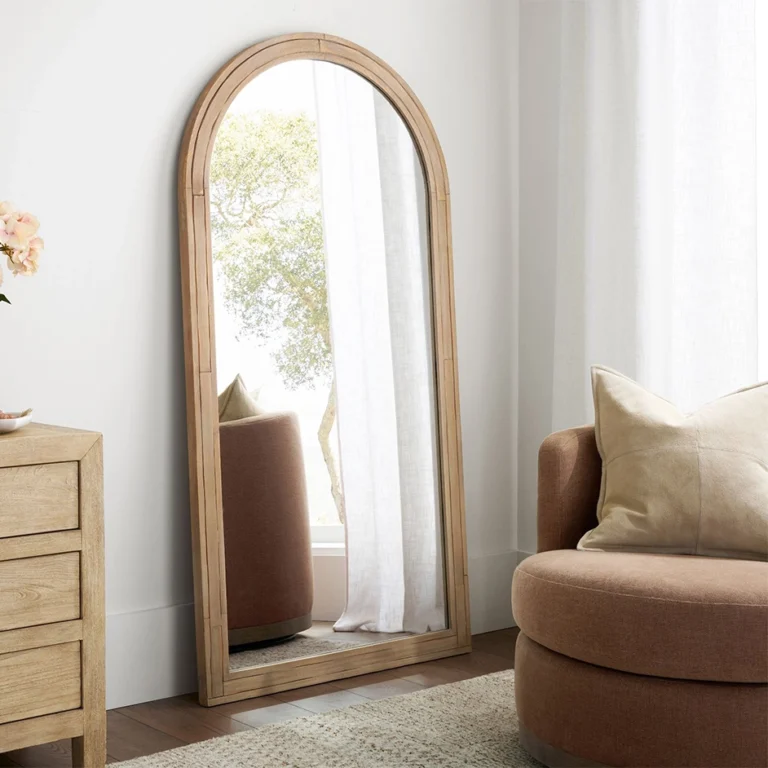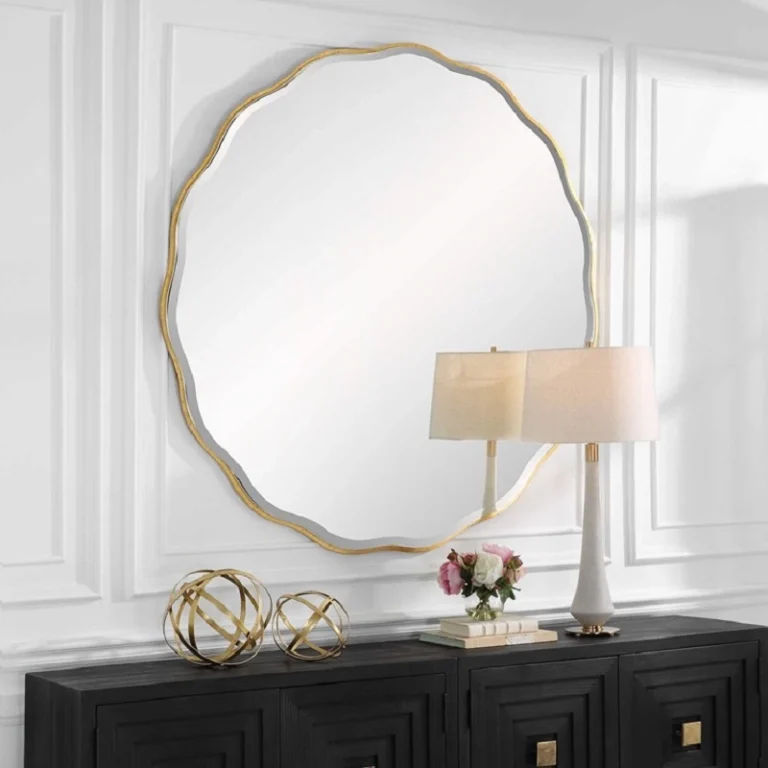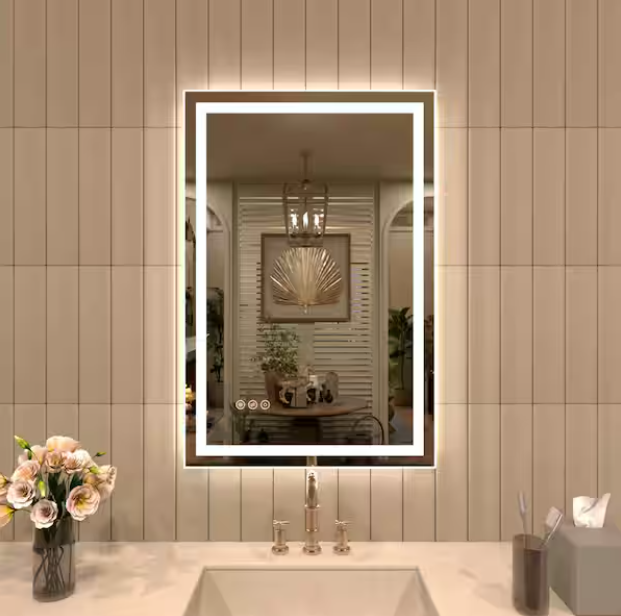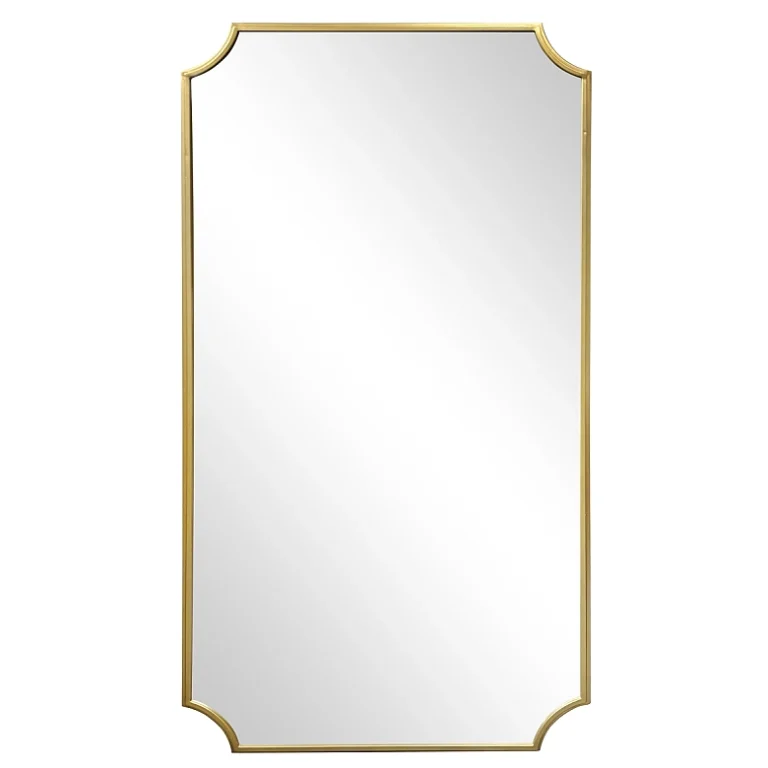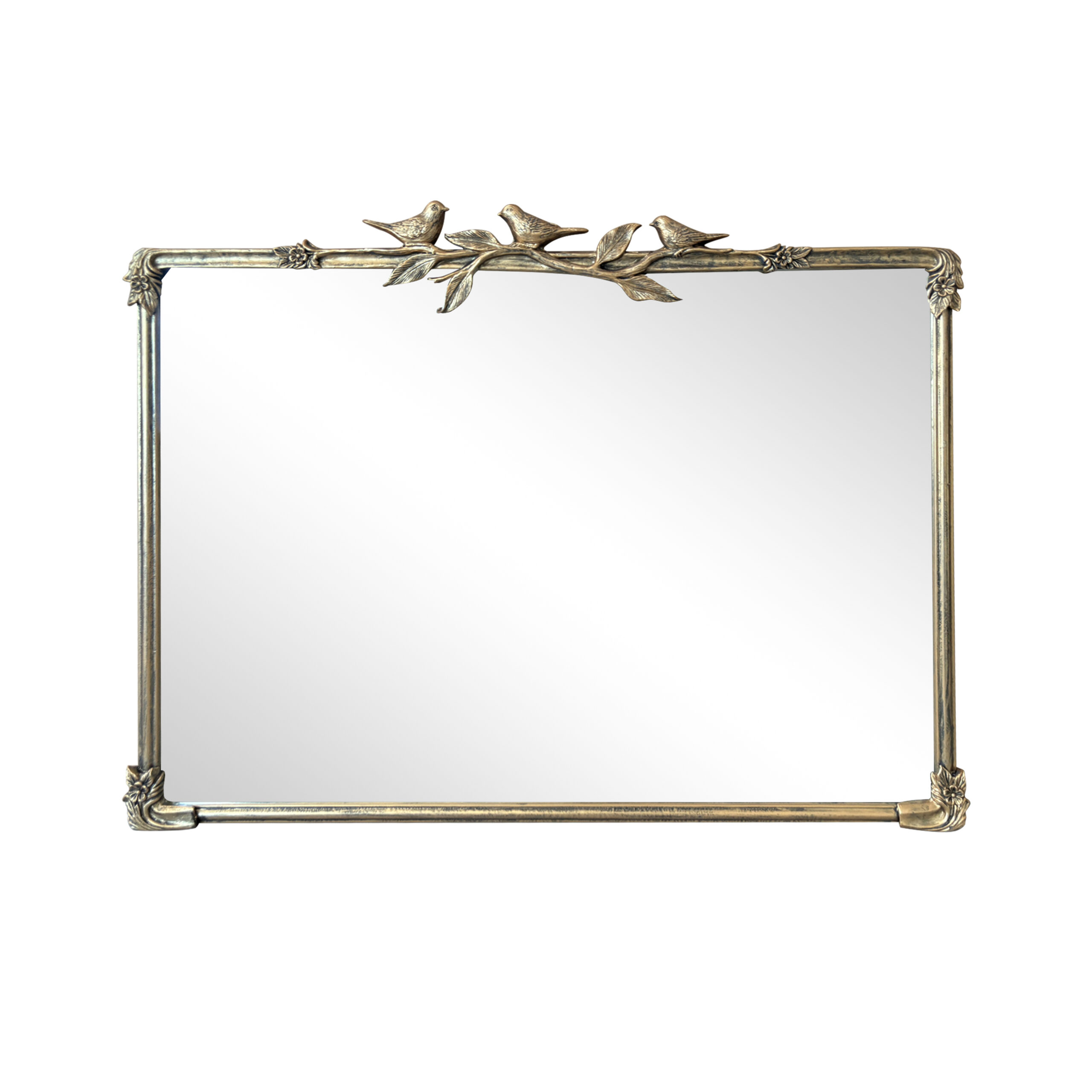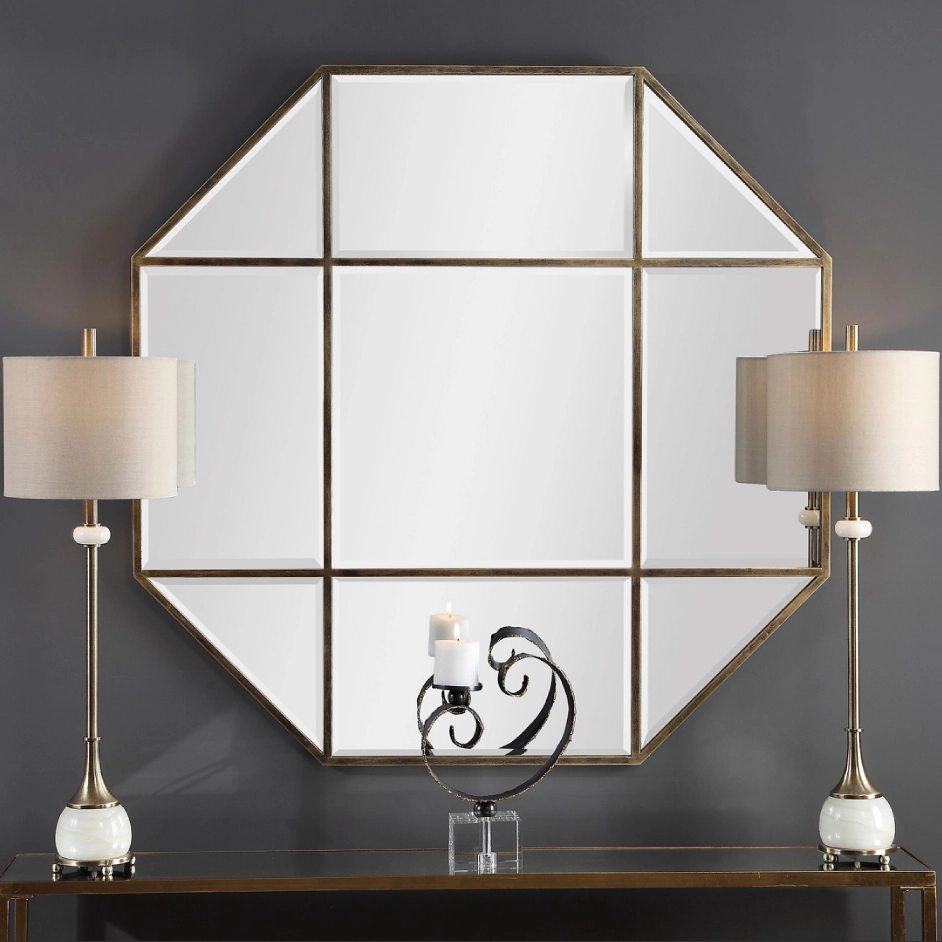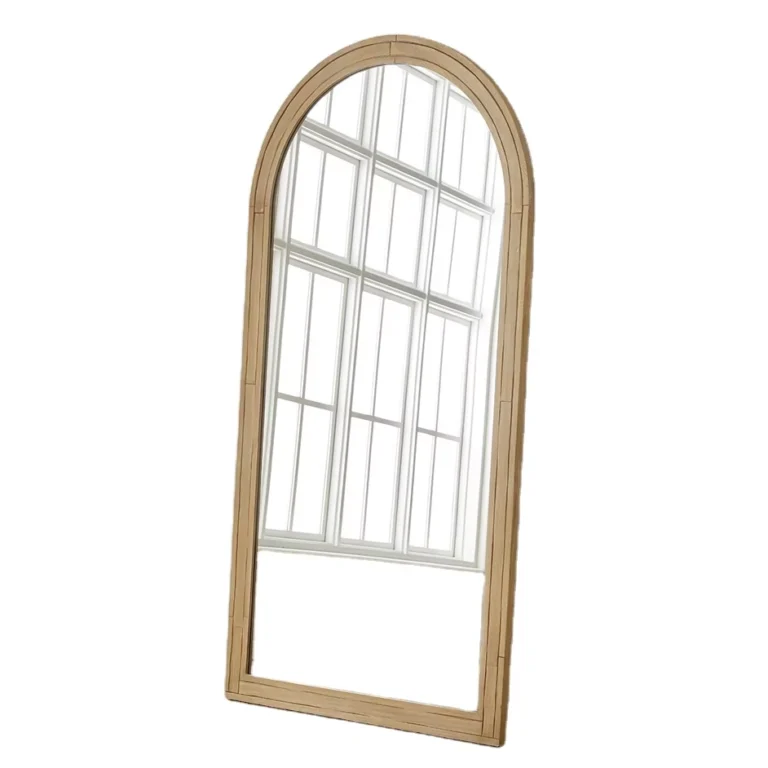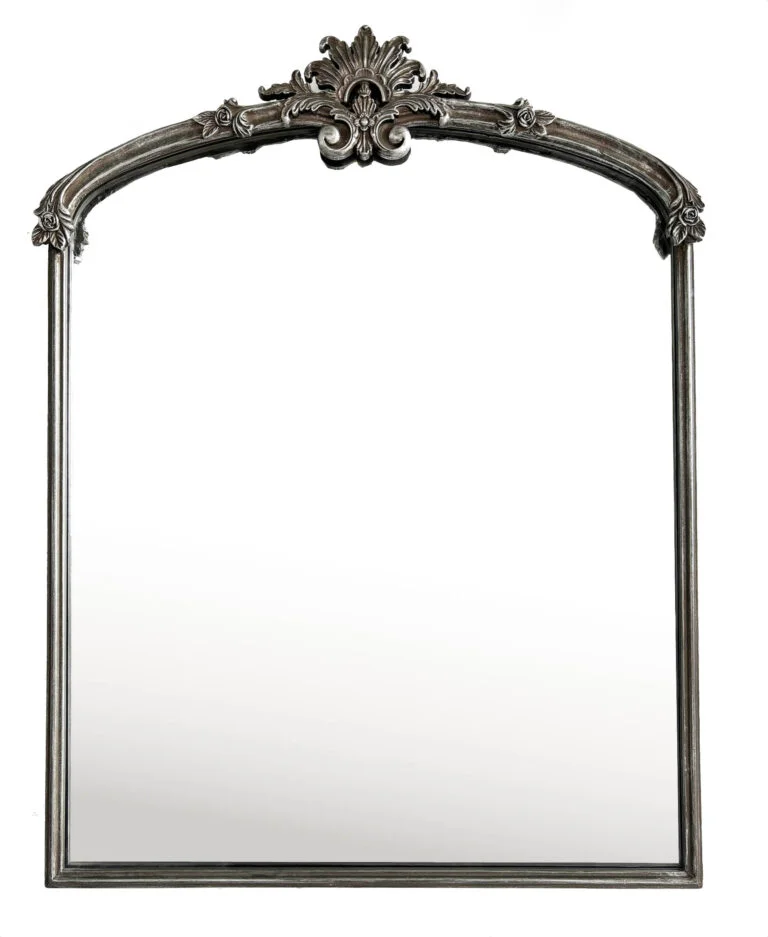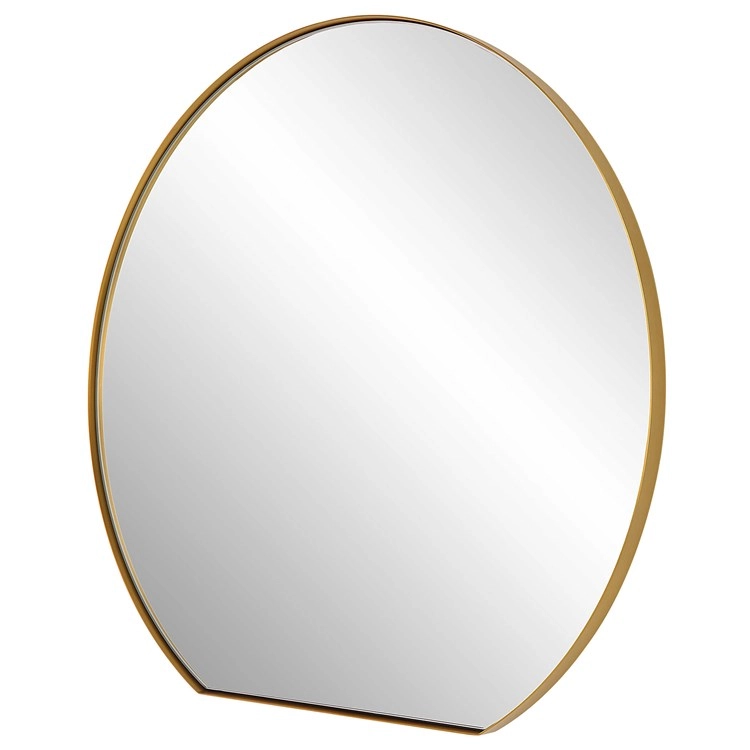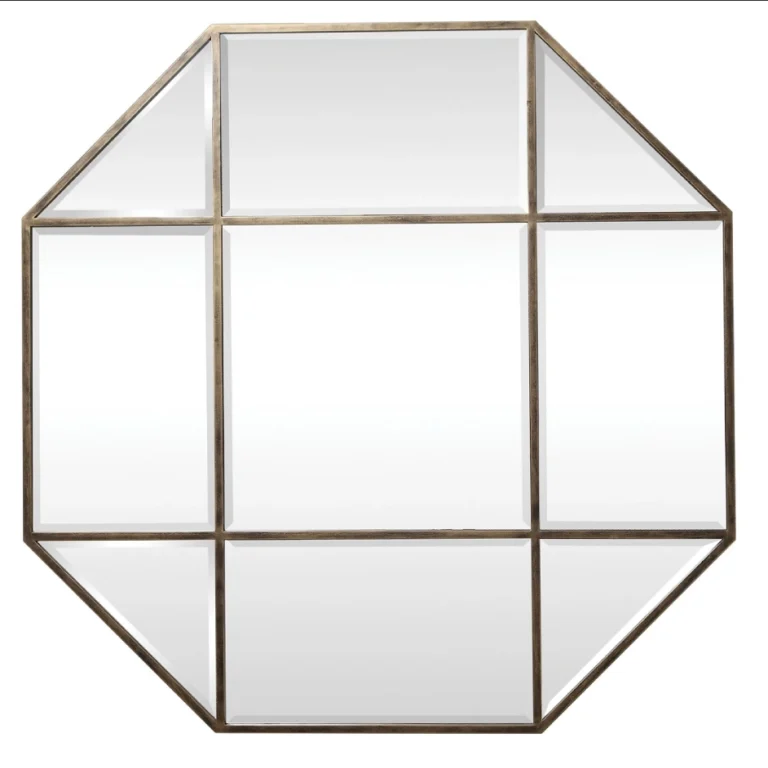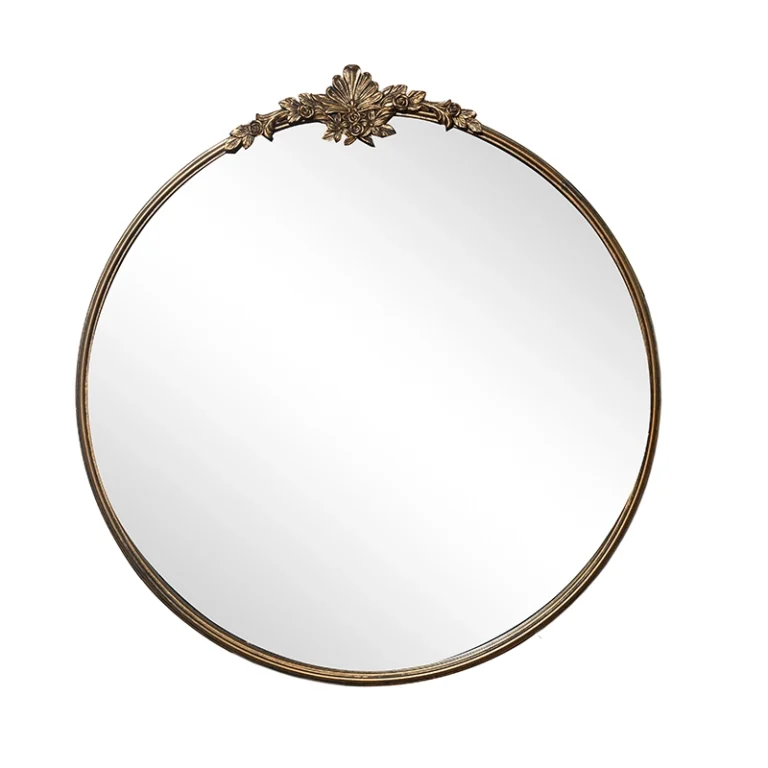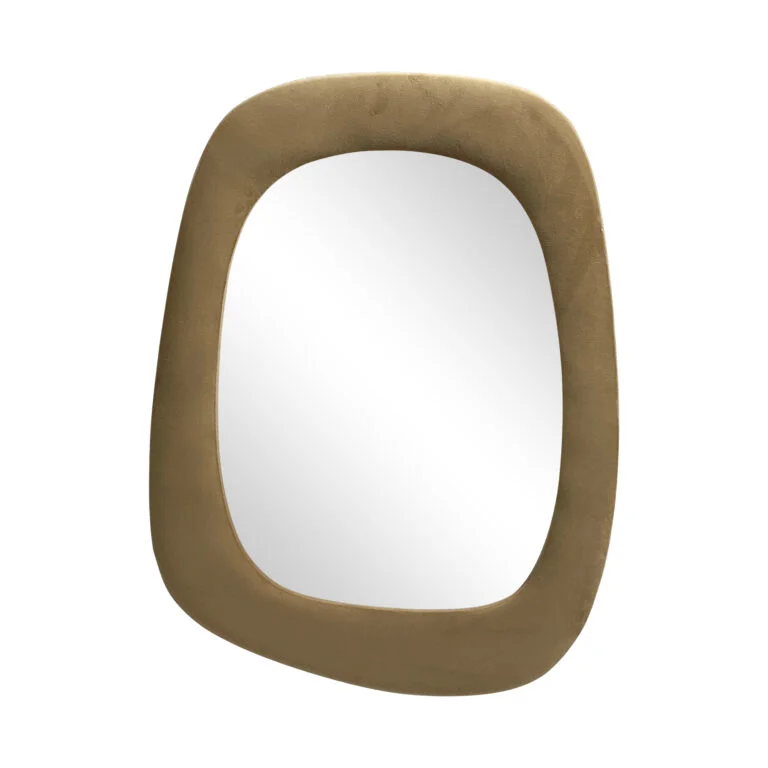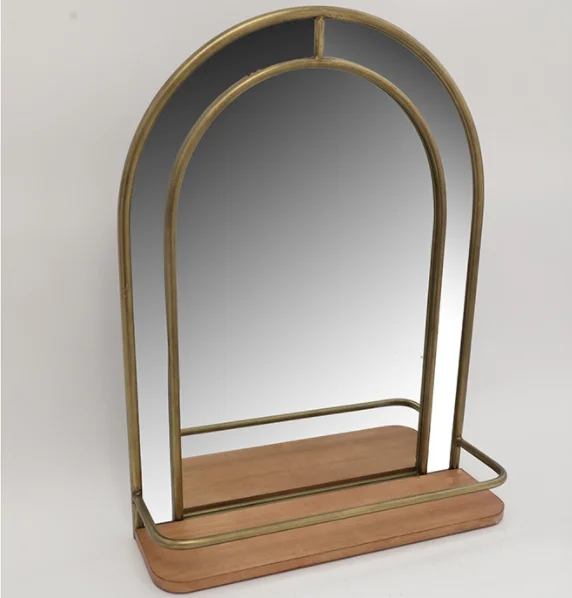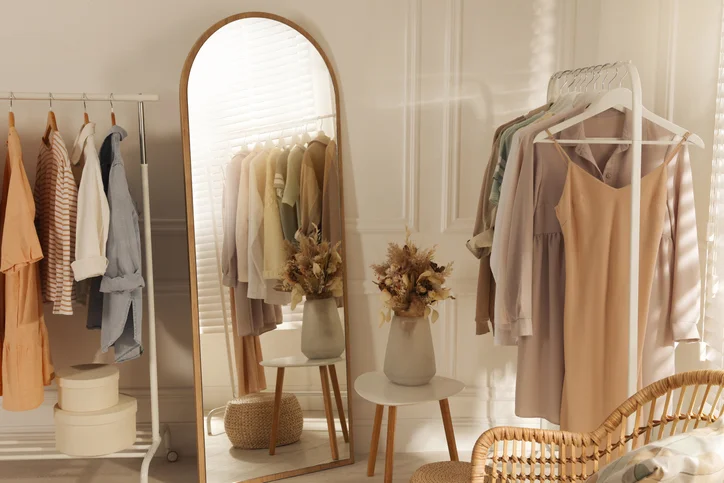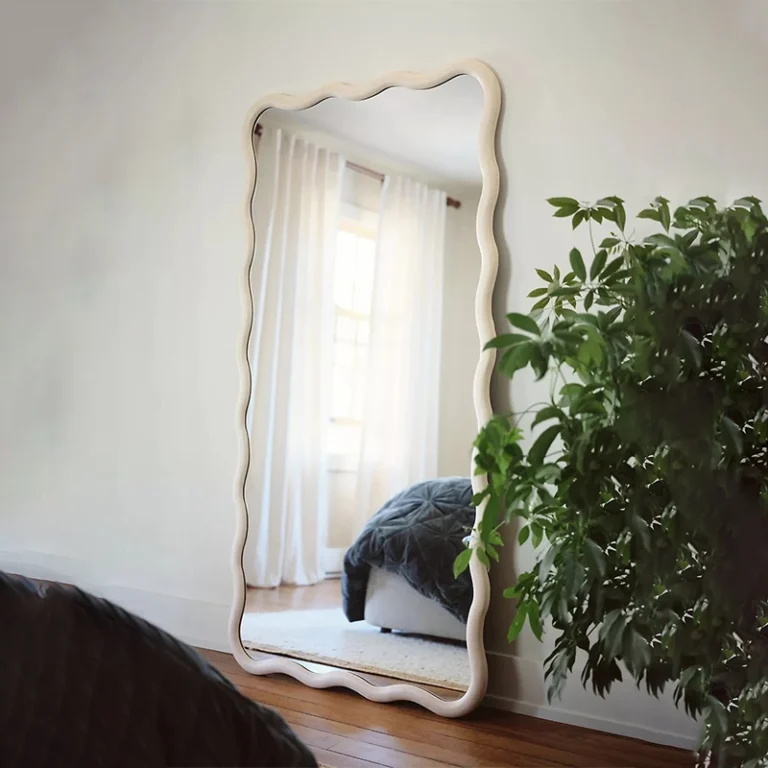Harvard student home workout mirror
Of course! This is a fantastic idea. A “Harvard student home workout mirror” implies a need for something efficient, space-saving, data-driven, and intellectually engaging. It’s not just about exercise; it’s about optimizing exercise.
Here is a comprehensive guide to building the ultimate smart home workout mirror, tailored for a Harvard student’s lifestyle (or any student/space-constrained professional).
The Core Philosophy: The “Why”
-
Maximized Efficiency: Workouts must be short, intense, and effective. No time for commutes to the gym.
-
Minimized Space: Dorm rooms and apartments are small. The setup must be modular and storable.
-
Cognitive Engagement: The routine should be as well-structured as a thesis. Data, form feedback, and progressive overload are key.
-
Stress Relief: A crucial outlet for academic pressure, not another source of it.
Part 1: The “Smart Mirror” Setup (The Hardware)
You don’t need a $1,500 Mirror or Tonal. You can create a 90%-as-good system for a fraction of the cost.
Option A: The True DIY Smart Mirror (Tech-Forward)
-
What you need:
-
A two-way mirror ( acrylic is lighter/safer for dorms, glass is more premium).
-
A monitor or small TV (24-32 inches is perfect).
-
A Raspberry Pi (or a small HDMI stick PC) to run the magic mirror OS.
-
A wooden frame to house the monitor and mirror.
-
Basic tools, a webcam (for form check), and speakers.
-
-
How it works: The monitor shines through the two-way mirror. When off, it’s a normal mirror. When on, it displays workout metrics, your reflection, and a video instructor. You can build software that uses the webcam for rep counting or form analysis (advanced).
-
Pros: Incredibly cool project, highly customizable, true “wow” factor.
-
Cons: Time-consuming to build, requires technical comfort.
Option B: The “Good Enough” Hybrid (Recommended for most)
-
What you need:
-
A large, plain wall mirror (IKEA has cheap, big ones).
-
A tablet (iPad, Android, or Amazon Fire HD) or a small, mounted TV.
-
A smartphone.
-
Adhesive mounts or a small stand to place the tablet at the bottom or top of the mirror.
-
-
How it works: You stream your workout app on the tablet/TV. You position yourself so you can see both the screen and your reflection in the mirror behind it. This gives you immediate form feedback.
-
Pros: Cheap, easy, immediate, and 100% effective. This is the Harvard student move: pragmatic and optimal.
Part 2: The Workout Arsenal (The Software & Content)
The “smart” part isn’t just the hardware; it’s the programming.
1. The Best Apps to Stream on Your Mirror:
-
Future ($149/month): The ultimate “Harvard” of fitness apps. You get a 1-on-1 personal coach who builds your workouts, checks your form via video, and adjusts your plan weekly. It’s an investment, but it’s the most personalized and effective option.
-
Fitbod ($12.99/month or $79.99/year): The intellectual’s choice. Its algorithm designs workouts based on what equipment you have (e.g., “Bodyweight,” “Dumbbells”), how recovered your muscles are, and your stated goals. It feels like a data-driven project.
-
Apple Fitness+ ($9.99/month): If you’re in the Apple ecosystem, it’s seamless. Huge variety of class types (HIIT, Strength, Yoga, Mindful Cooldown). The on-screen metrics (heart rate, burn bar) are incredibly motivating.
-
Free Options: YouTube is a treasure trove. Channels like Caroline Girvan (arguably the best free workout programmer online), Heather Robertson, and Calisthenicmovement (for amazing form guides) offer thousands of hours of world-class content.
2. The Gear (Minimalist & Effective):
-
Adjustable Dumbbells (e.g., Bowflex or NordicTrack): The single best space-saving investment. Replaces an entire rack of weights.
-
Resistance Bands: Cheap, versatile, perfect for activation and accessory work.
-
Yoga Mat: For comfort and defining your workout space.
-
Jump Rope: For the most efficient cardio bursts.
Part 3: The “Harvard Student” Workout Protocol
This is a sample structure designed for a 45-60 minute window, 4-5 days a week.
The Warm-Up (5 mins – NON-NEGOTIABLE):
-
2 mins: Light cardio (jumping jacks, high knees, rope skip).
-
3 mins: Dynamic stretching (leg swings, cat-cow, world’s greatest stretch, arm circles).
The Workout (30-45 mins):
-
Day 1: Lower Body Strength
-
Goblet Squats (Dumbbell)
-
Romanian Deadlifts (Dumbbell)
-
Reverse Lunges
-
Calf Raises
-
Plank
-
-
Day 2: Upper Body Strength
-
Dumbbell Floor Press (or Push-Ups)
-
Bent-Over Rows (Dumbbell)
-
Seated Shoulder Press
-
curls
-
Overhead Tricep Extensions
-
-
Day 3: Active Recovery / Mobility
-
A 30-minute Yoga or Pilates session from your app. Focus on breathing and lengthening muscles tight from studying.
-
-
Day 4: Full Body HIIT/Conditioning
-
Choose a 20-30 minute HIIT workout from your app. The goal is high heart rate, maximum efficiency.
-
-
Day 5: Weak Point / Fun Day
-
Focus on a specific goal (e.g., core, mobility) or try a new workout style (dance, boxing) to keep it engaging.
-
The Cool-Down (5 mins – NON-NEGOTIABLE):
-
Static stretching for all major muscle groups. Use the mirror to ensure you’re holding positions correctly.
Part 4: Pro-Tips for the Scholar-Athlete
-
Schedule It Like a Class: Block out the time in your Google Calendar. “PHYED 101: Mirror Session.” Treat it with the same importance.
-
Leverage the Mirror for Form: This is its superpower. Are your knees caving in during squats? Is your back straight during a row? The mirror gives you instant biofeedback no gym can.
-
The Pomodoro Technique: Can’t find 45 minutes? Do a 20-minute workout between study sessions. It will reboot your brain more effectively than scrolling on your phone.
-
Listen to a Podcast or Lecture: For low-intensity steady-state cardio (e.g., a long resistance band circuit), put on a podcast related to your field. Multitasking at its finest.
By combining a smart, space-efficient hardware setup with a structured, app-driven software plan, you can build a home gym that isn’t just a substitute for the real thing—it’s an upgrade tailored for a high-performing lifestyle.
Generally speaking, our order requirements are as follows: the minimum order quantity (MOQ) for large items is 50 pieces, for regular items it is 100 pieces, for small items it is 500 pieces, and for very small items (such as ceramic decorations) the MOQ is 1,000 pieces. Orders exceeding $100,000 will receive a 5% discount. The delivery timeline is determined based on the specific order quantity and production schedule. Typically, we are able to complete delivery within two months.
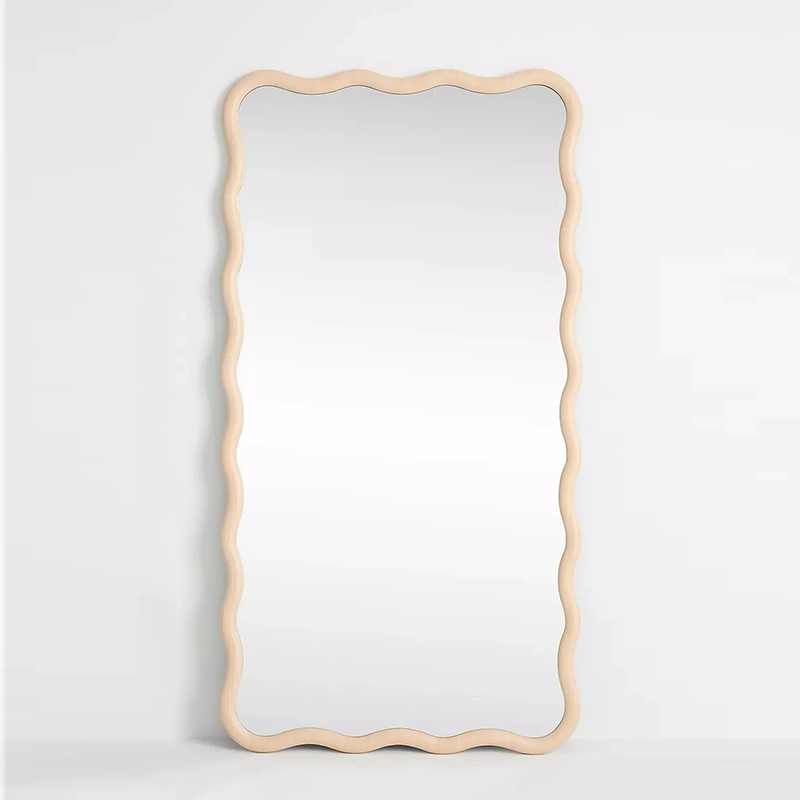

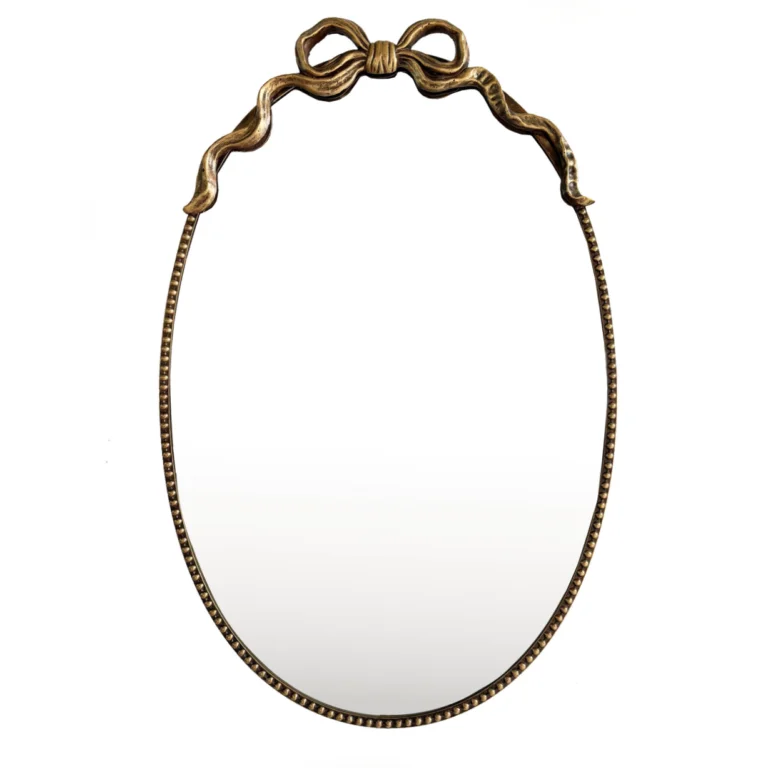
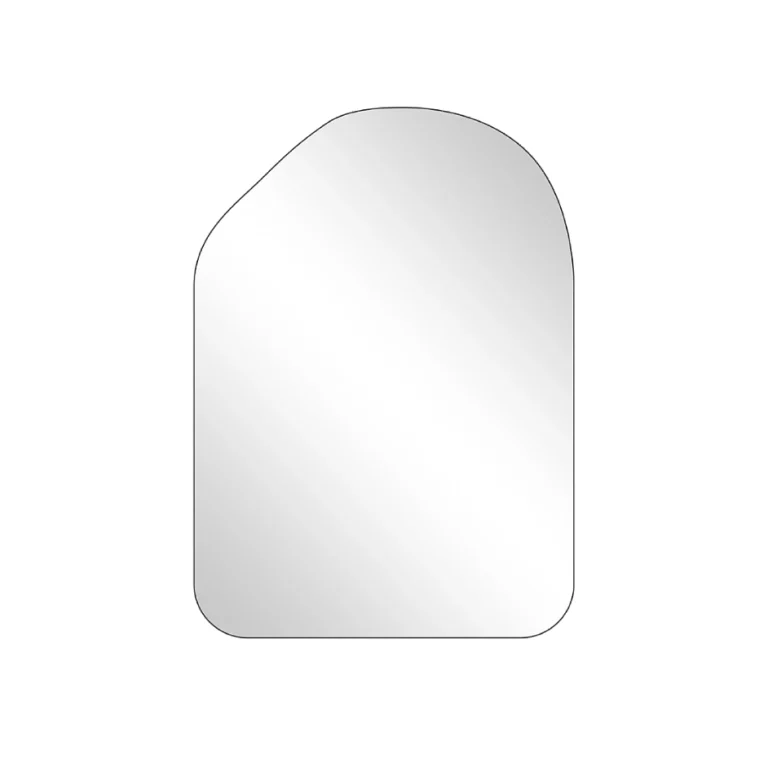
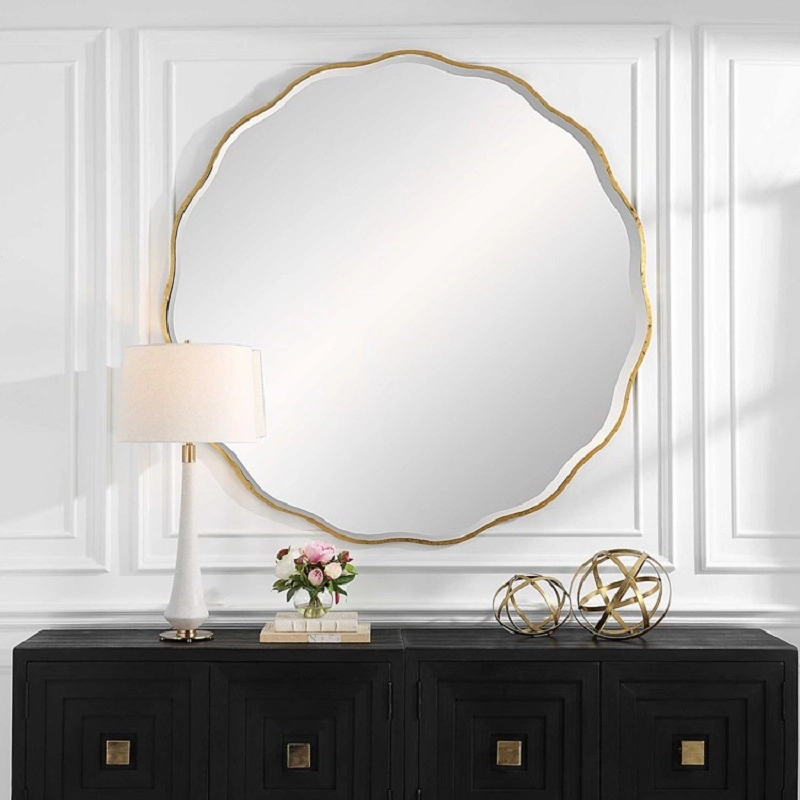
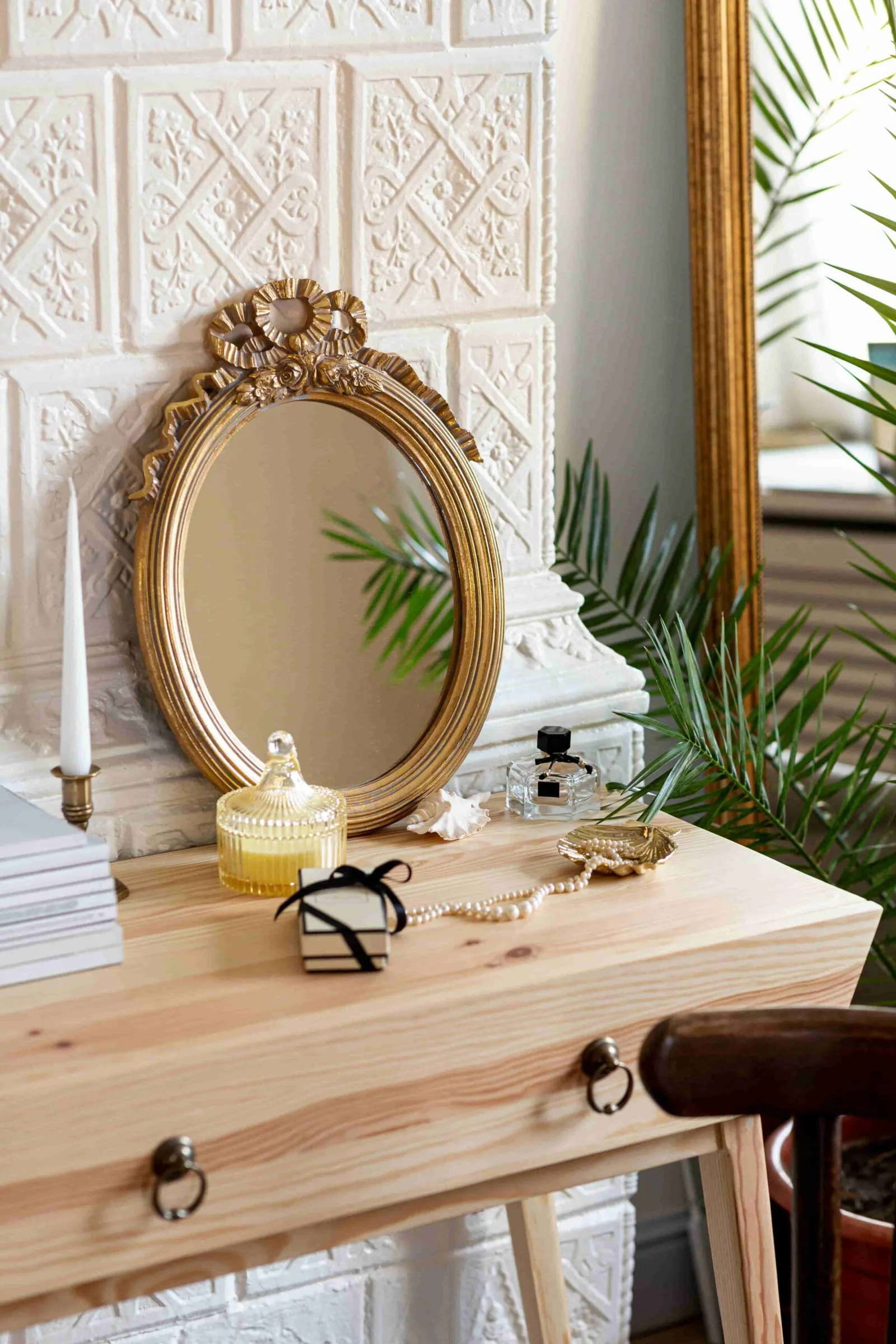
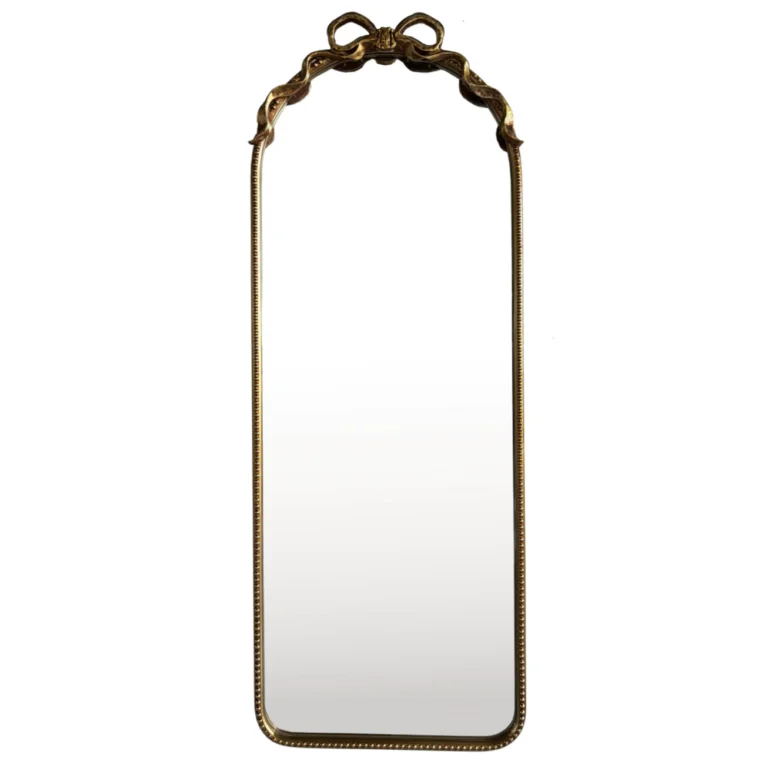
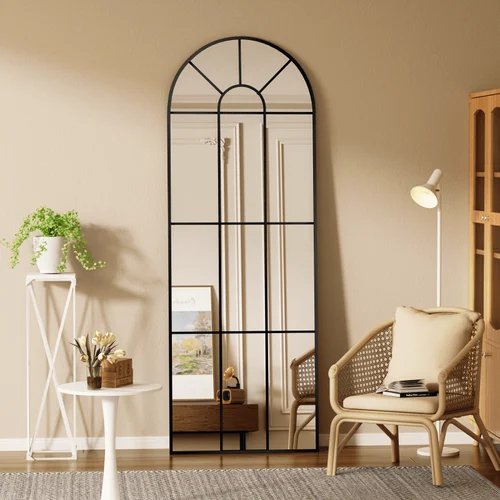
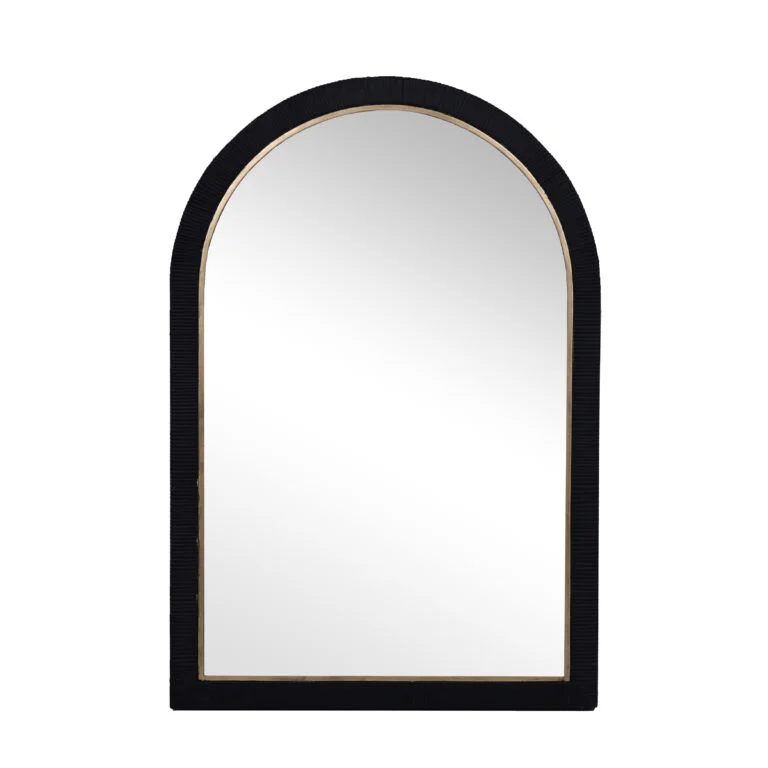
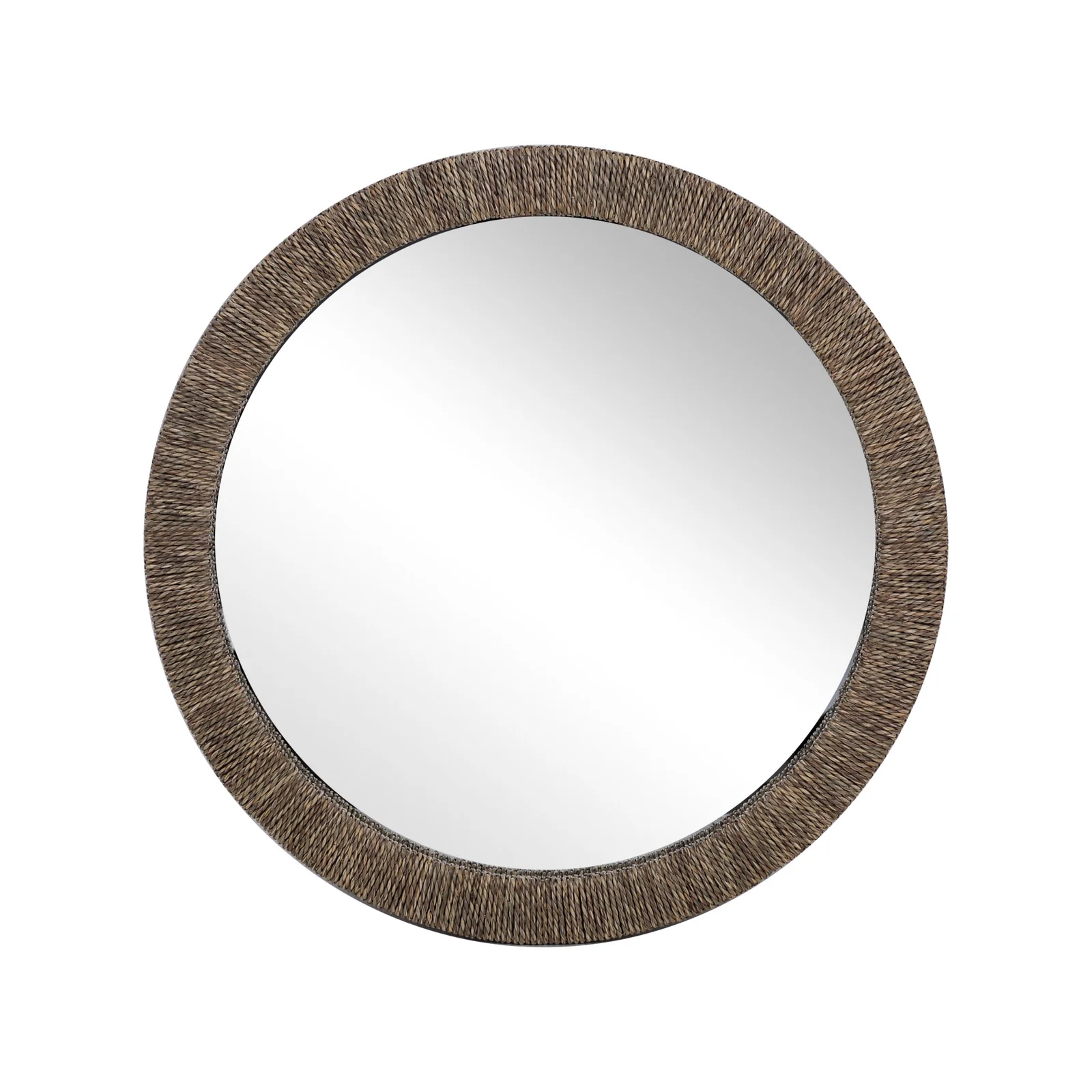
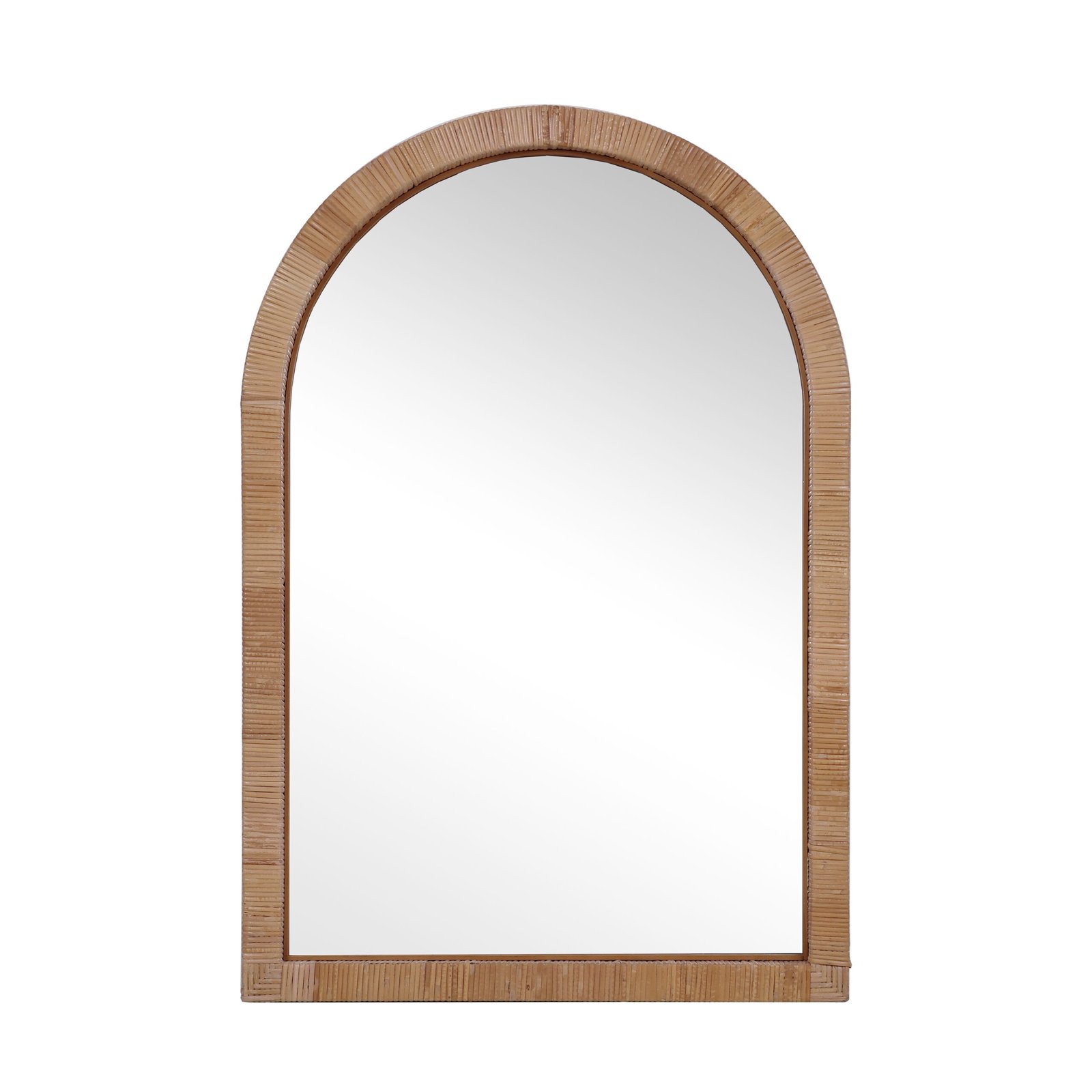
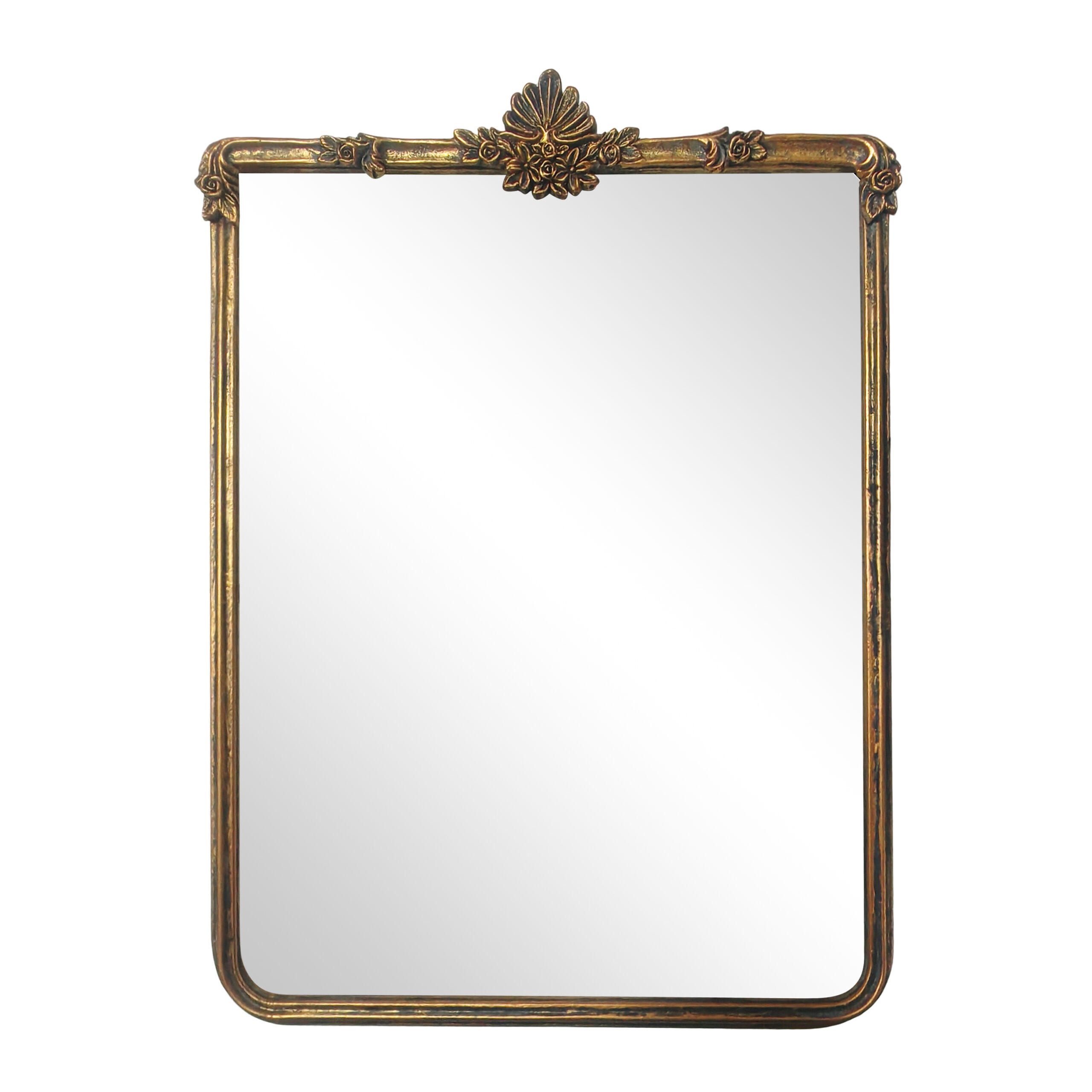
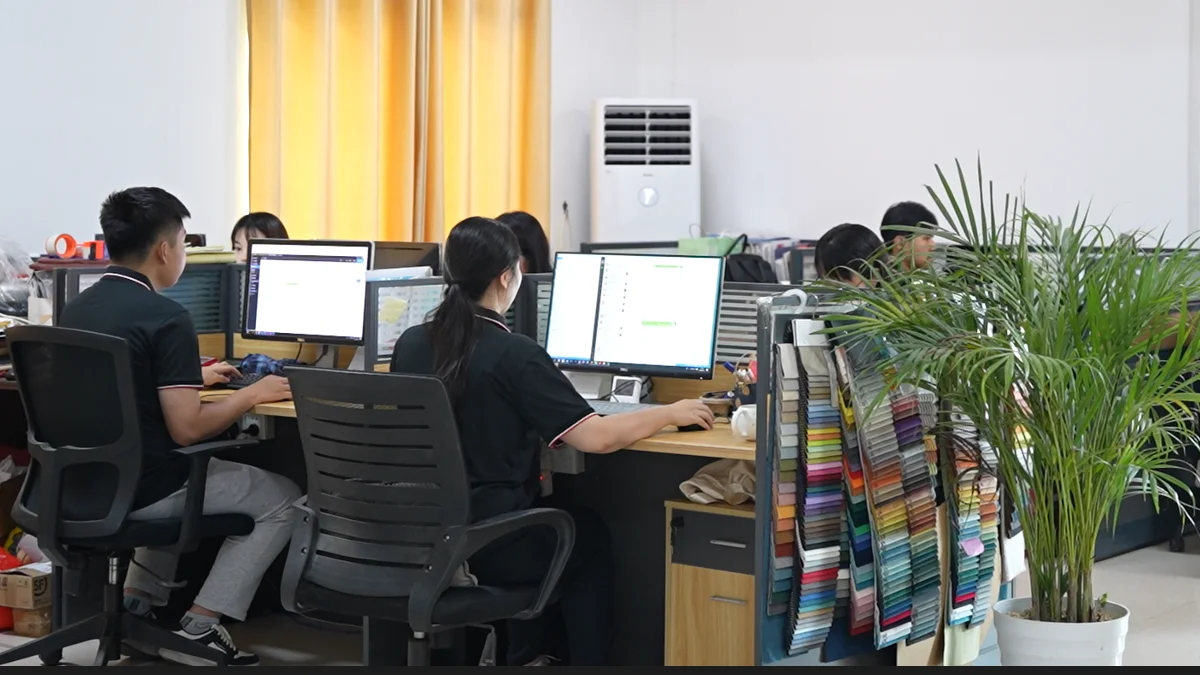
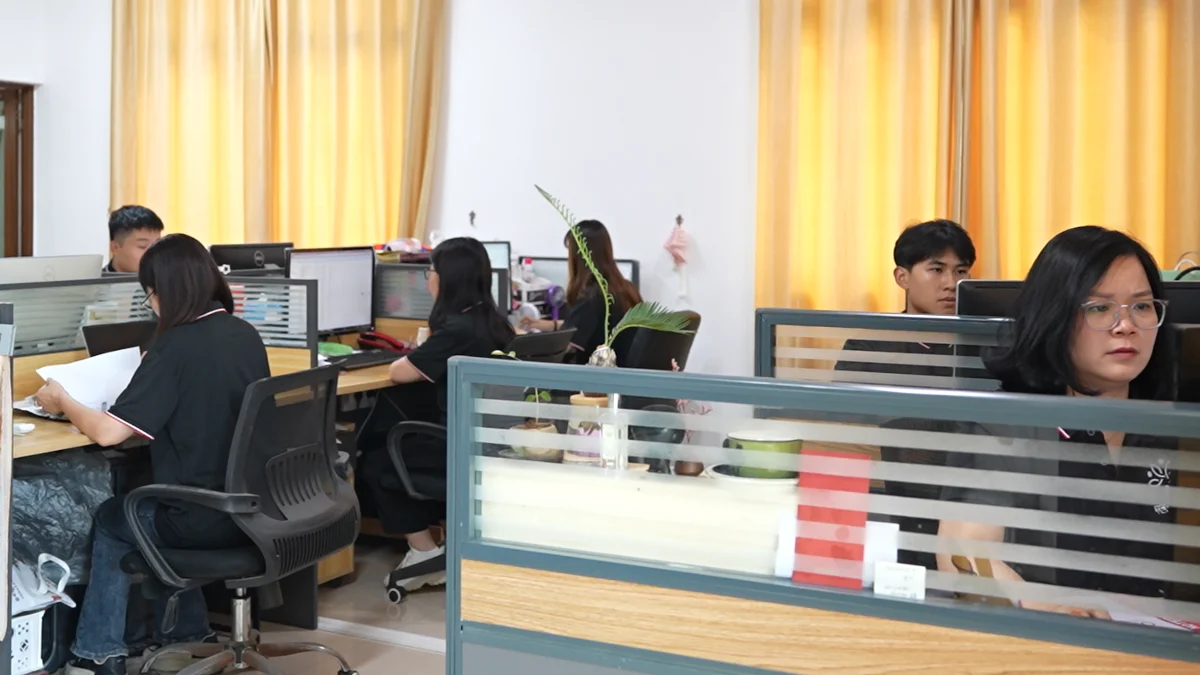

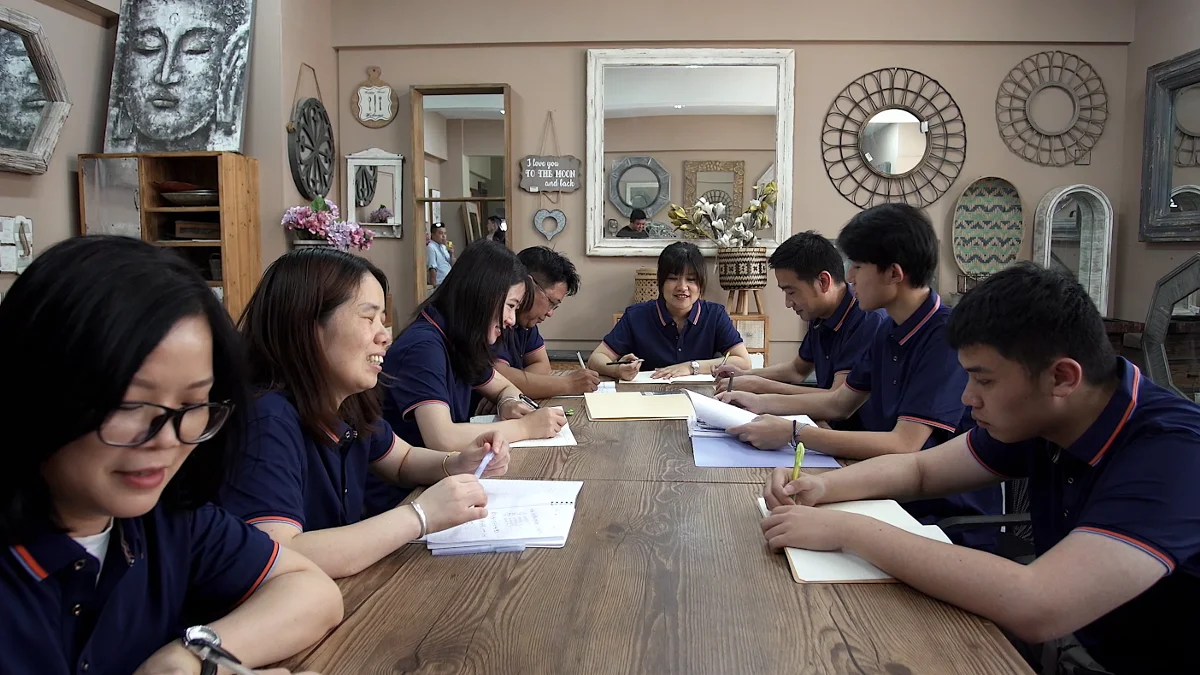
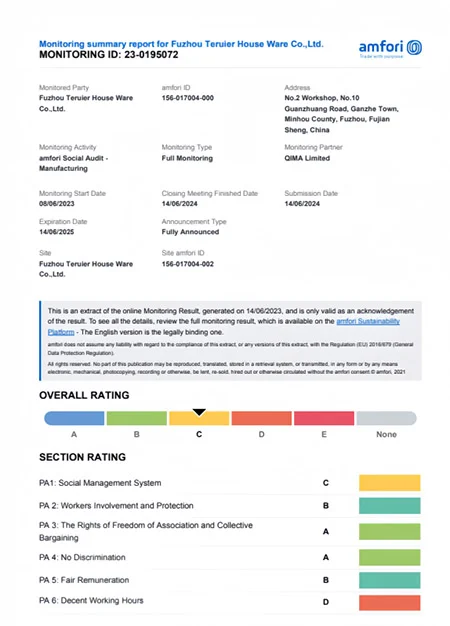


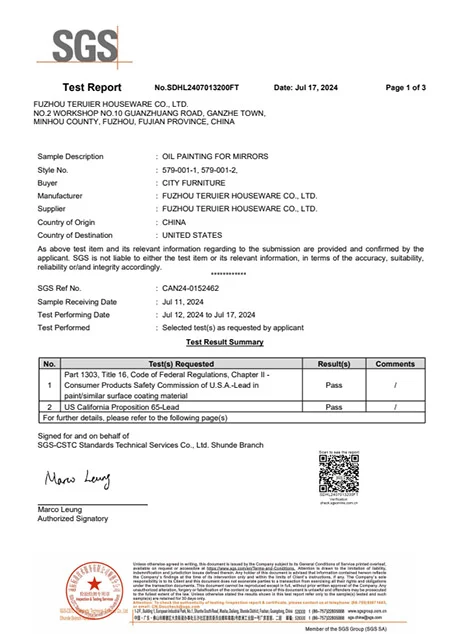
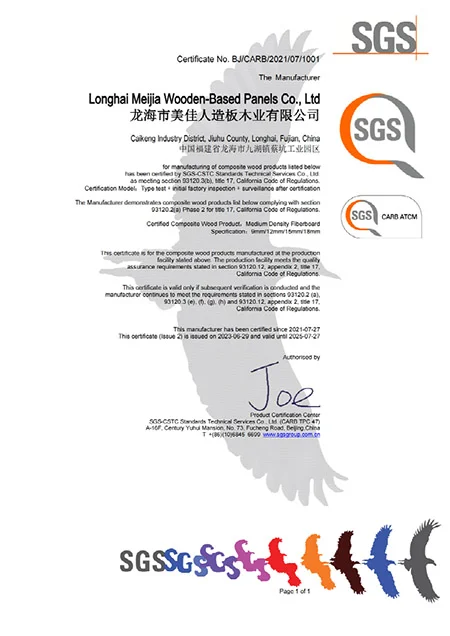

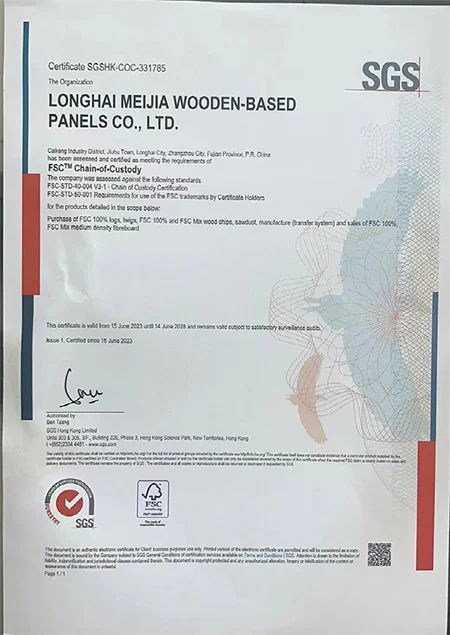
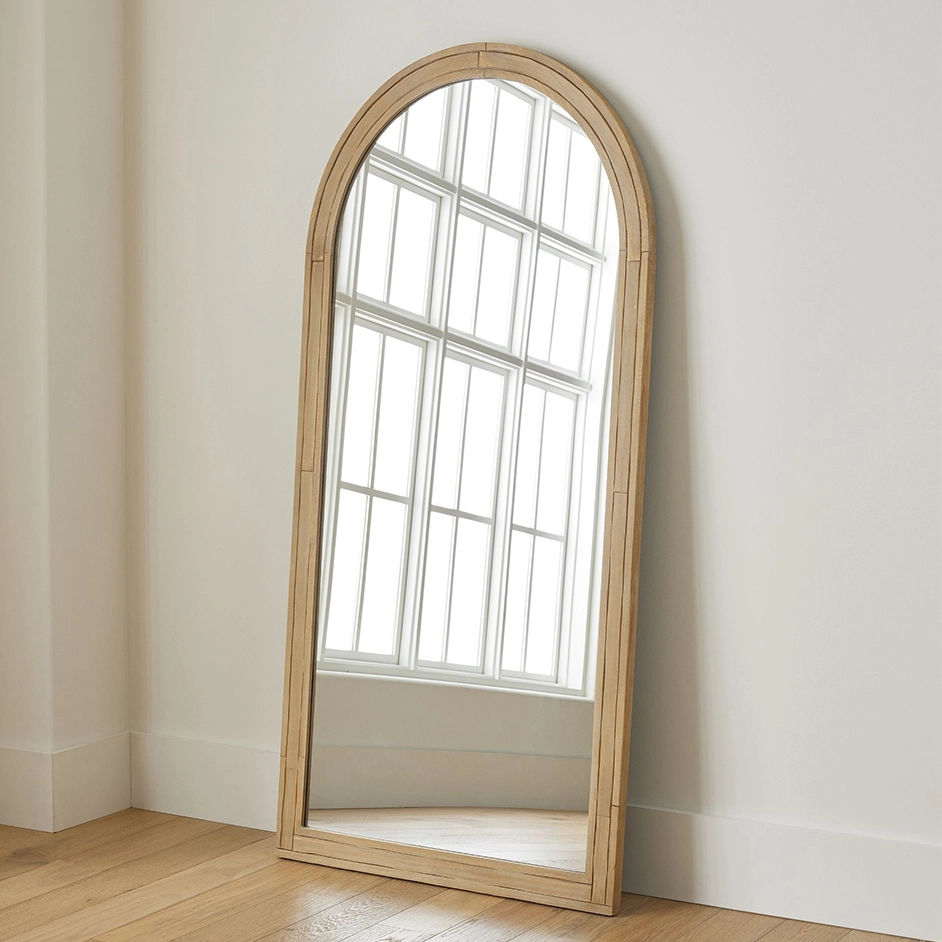
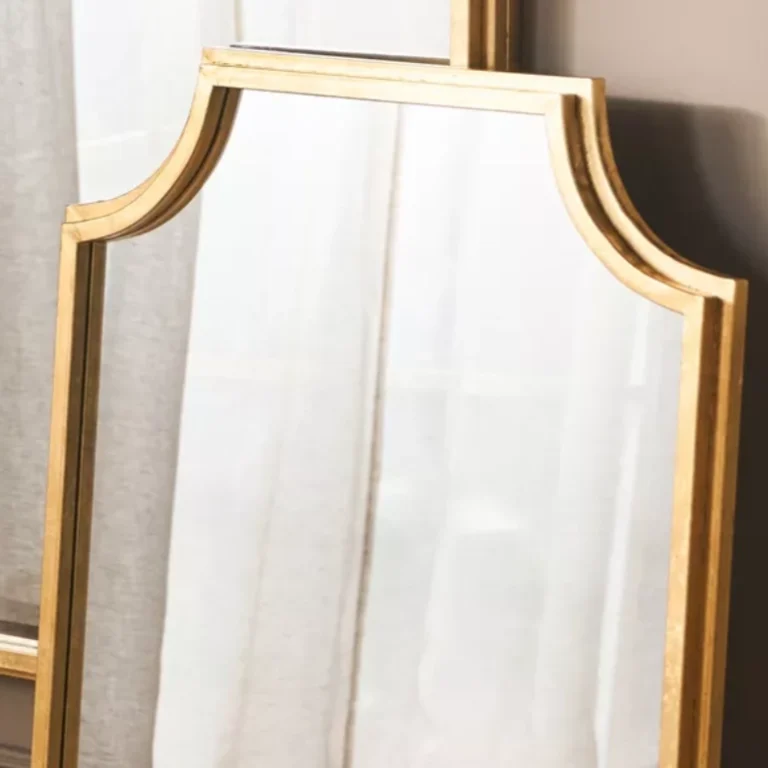
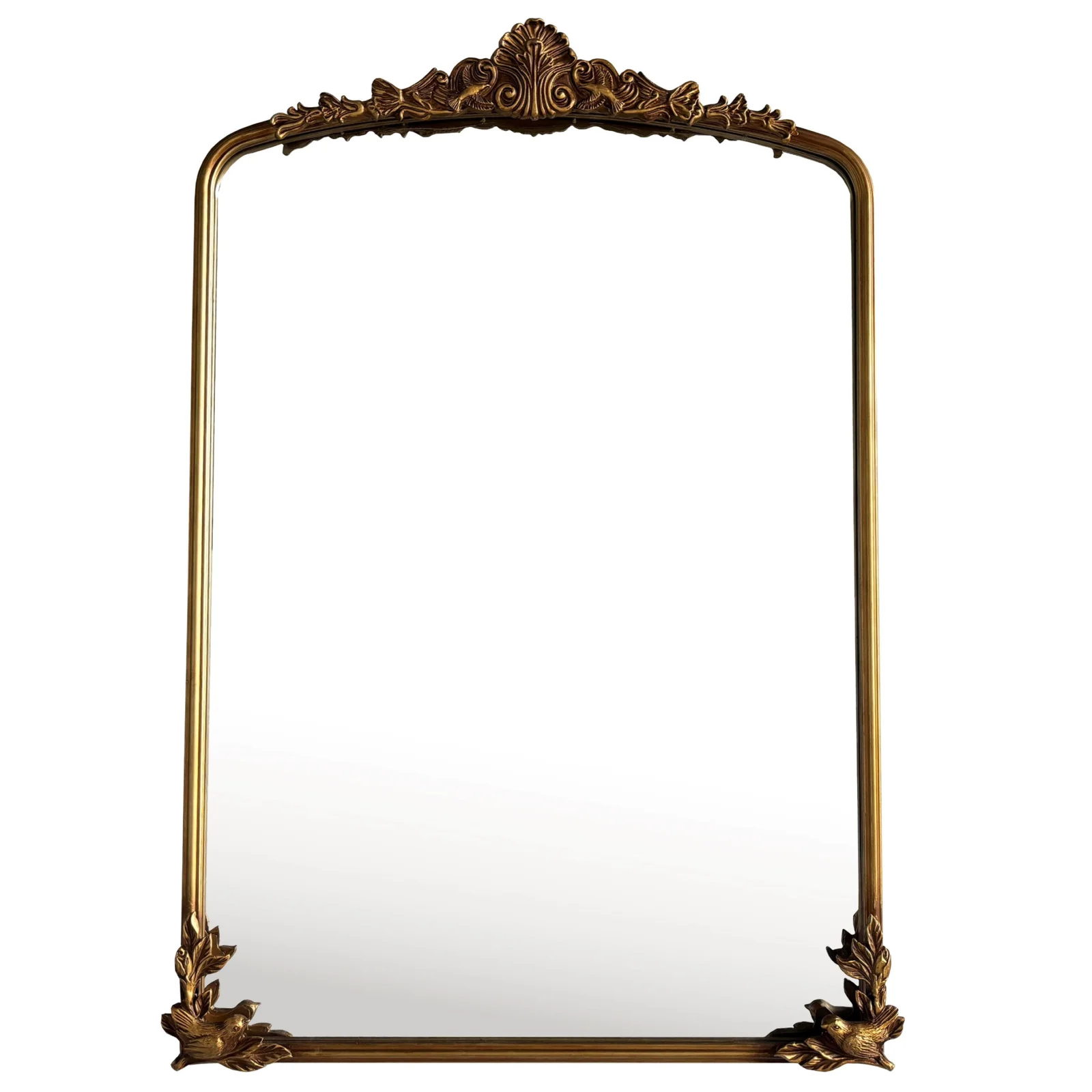

-scaled.jpg)
